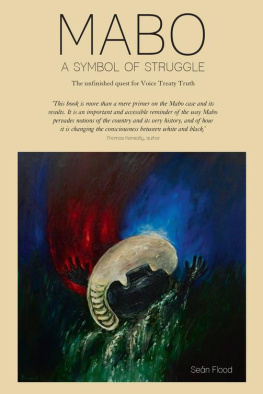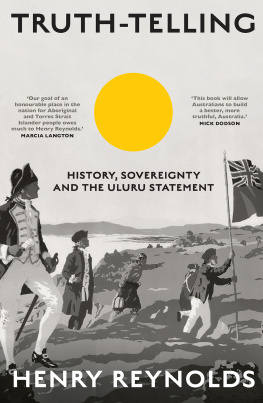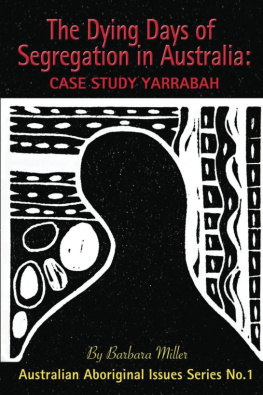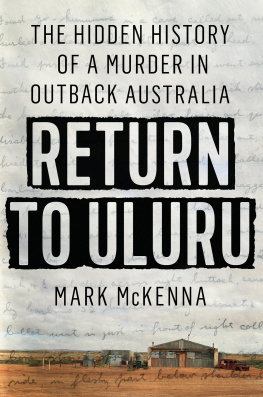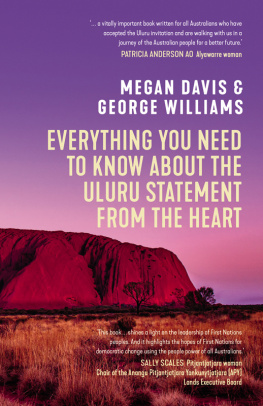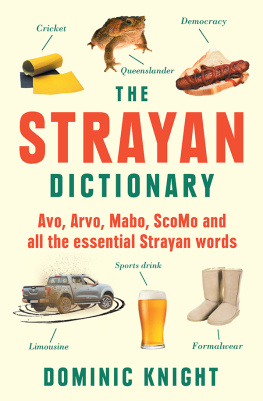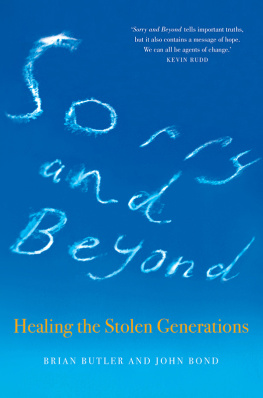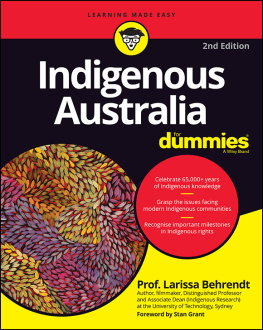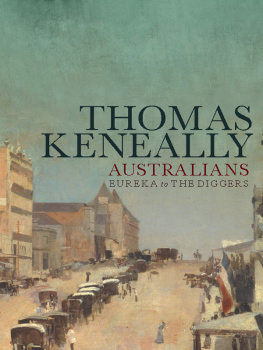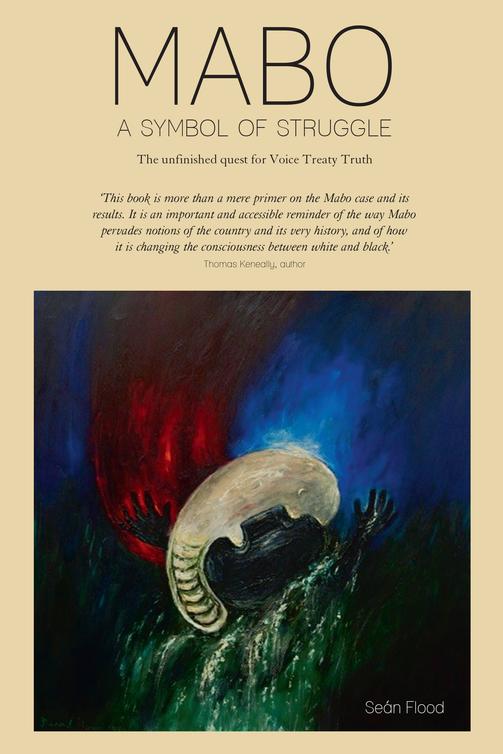Seán Flood - Mabo--A Symbol of Struggle: The unfinished quest for Voice Treaty Truth
Here you can read online Seán Flood - Mabo--A Symbol of Struggle: The unfinished quest for Voice Treaty Truth full text of the book (entire story) in english for free. Download pdf and epub, get meaning, cover and reviews about this ebook. year: 2018, publisher: Sean A Flood, genre: Politics. Description of the work, (preface) as well as reviews are available. Best literature library LitArk.com created for fans of good reading and offers a wide selection of genres:
Romance novel
Science fiction
Adventure
Detective
Science
History
Home and family
Prose
Art
Politics
Computer
Non-fiction
Religion
Business
Children
Humor
Choose a favorite category and find really read worthwhile books. Enjoy immersion in the world of imagination, feel the emotions of the characters or learn something new for yourself, make an fascinating discovery.
Mabo--A Symbol of Struggle: The unfinished quest for Voice Treaty Truth: summary, description and annotation
We offer to read an annotation, description, summary or preface (depends on what the author of the book "Mabo--A Symbol of Struggle: The unfinished quest for Voice Treaty Truth" wrote himself). If you haven't found the necessary information about the book — write in the comments, we will try to find it.
Thomas Keneally, author
Our Aboriginal and Torres Strait Islander tribes were the first sovereign nations of the Australian continent and its adjacent islands . . . This sovereignity is a spiritual notion: the ancestral tie between the land, or mother nature . . .
ULURU STATEMENT FROM THE HEART, 26 MAY 2017
Mabo: A Symbol of Struggle is a new edition of Sen Floods book first published as Mabo: A Symbol of Sharing.
Written for the general reader, teachers and students the book begins with a plea for a Makarrata (Treaty) and ends with the Uluru Statement calling on the Australian Government for a First Nations traditional owners body, enshrined in the Australian Constitution, to consult on government legislation and policy affecting their issues such as culture, preservation of language, land management, native title and passive welfare.
The High Court Mabo decision is dealt with in an engaging and accessible way free of legal jargon. A chapter on the Nature of Native Title has insights from Aboriginal Elders like Pat Dodson and a moving account of connection to country by a blind Aboriginal woman in her seventies who had survived the Coniston massacre in 1927. The ongoing impact of colonialism on Australias natural environment is also included.
Native Title in the Courts Since Mabo is a Chapter written by lee Corbett PhD (UNSW) (Native Title and Constitutionalism in Australia), NSW Barrister, is a comprehensive summary of all the significant decisions since Mabo concluding with Warrie an important case involving Aboriginal Peoples relationship to country as essentially a spiritual affair giving rise to exclusive possession rights.
While the author was writing the revision for this edition Michael Brown, an unarmed African American student, was shot and killed by a white police officer in Ferguson Missouri. This led Flood to narrate the treatment of the other today under a white power structure treating blacks as second- class citizens. Recent deaths of Aboriginal people in custody are examined and examples of beneficial agreements from native title processes that allow Indigenous Australians to become active agents in (their) own development are included in Part II, The Impact of Colonialism.
Flood offers a strong case for the adoption of the Uluru Statement delivered to the Federal Government on the 26th May 2017 as a road map forward for First Nations to, in the words of Galarrwuy Yunupingu, ...be part of this nation...given an equal shot at the prosperity of this nation...unity and togetherness -a shared future... The unfinished quest for recognition.
Eight pages of colour references including the AIATSIS map of Indigenous Australian language groups, a Glossary of unfamiliar terms, Suggested Lines of Inquiry for Teachers and Students, Past exam questions, Recommended reading and viewing, Footnotes and 201 Endnotes.
Erudite and concise...a valuable contribution to broader public debate.
Larissa Behrendt, Professor of Indigenous Research and Director of Research at Jumbunna House of Learning at UTS Sydney.
The message is simple and capable of healing racial disharmony.
Dr Robert Bellear, Australias first Aboriginal judge (now sadly deceased).
Seán Flood: author's other books
Who wrote Mabo--A Symbol of Struggle: The unfinished quest for Voice Treaty Truth? Find out the surname, the name of the author of the book and a list of all author's works by series.

